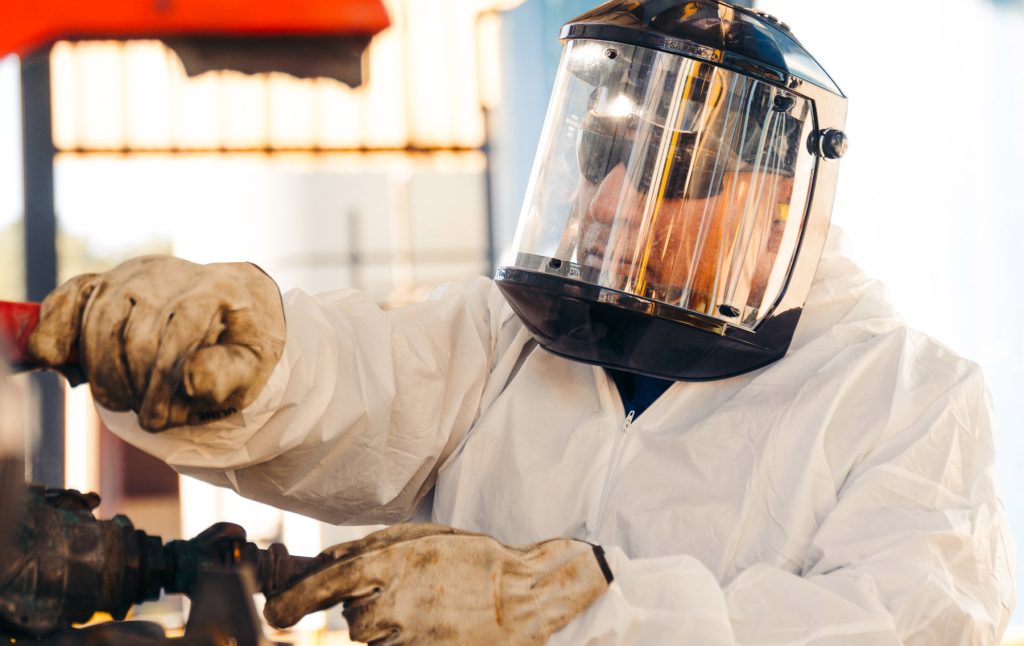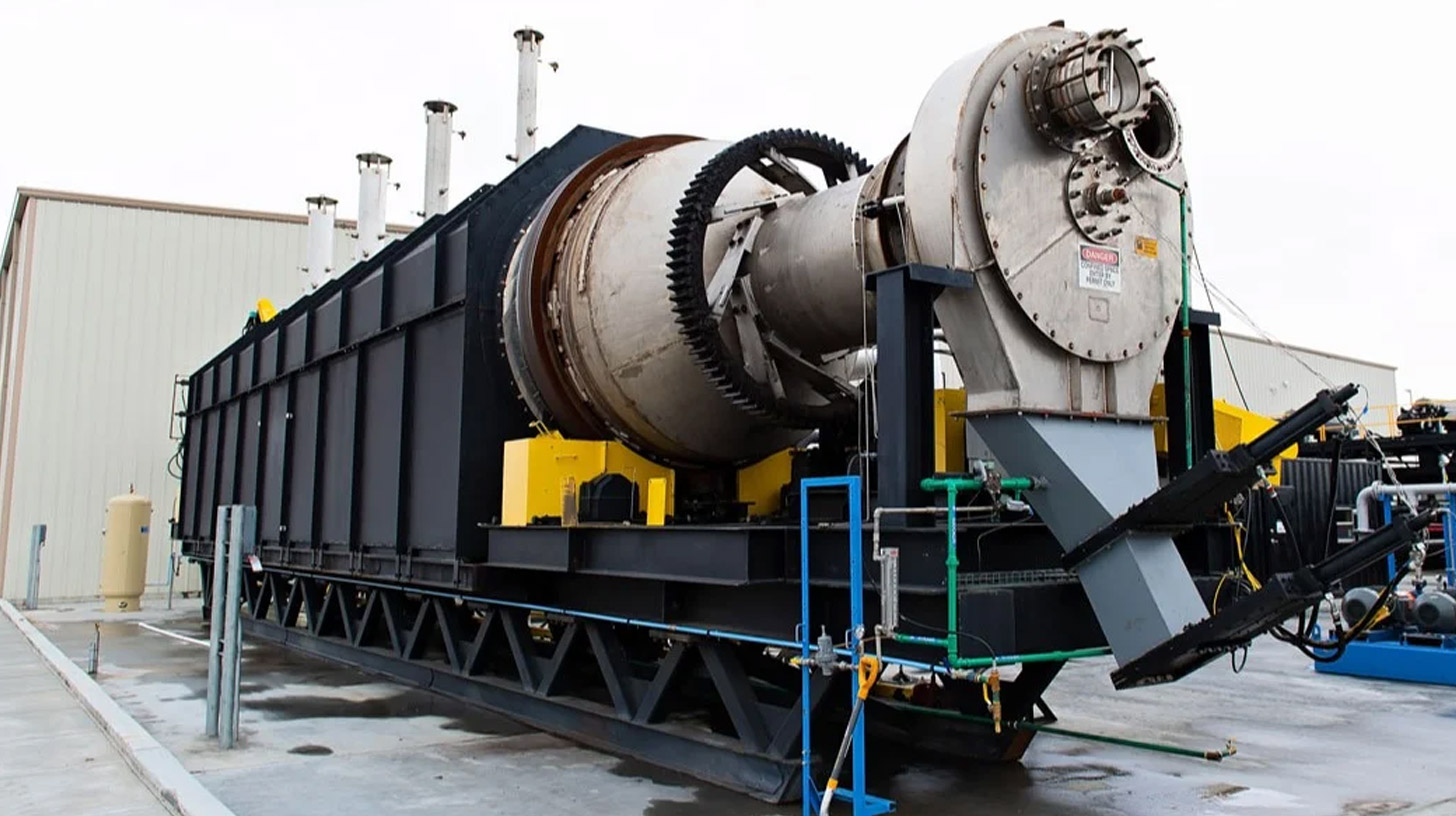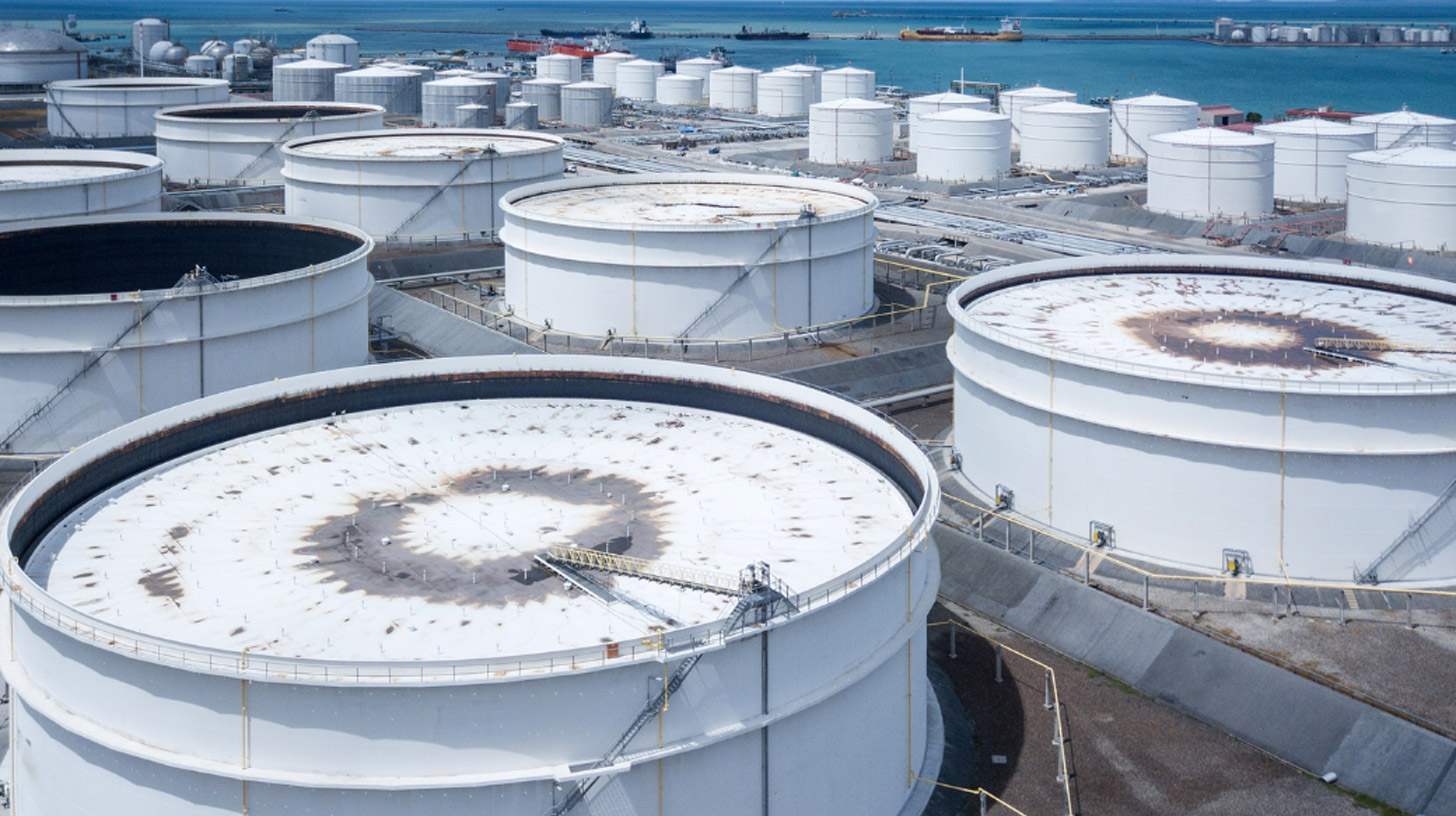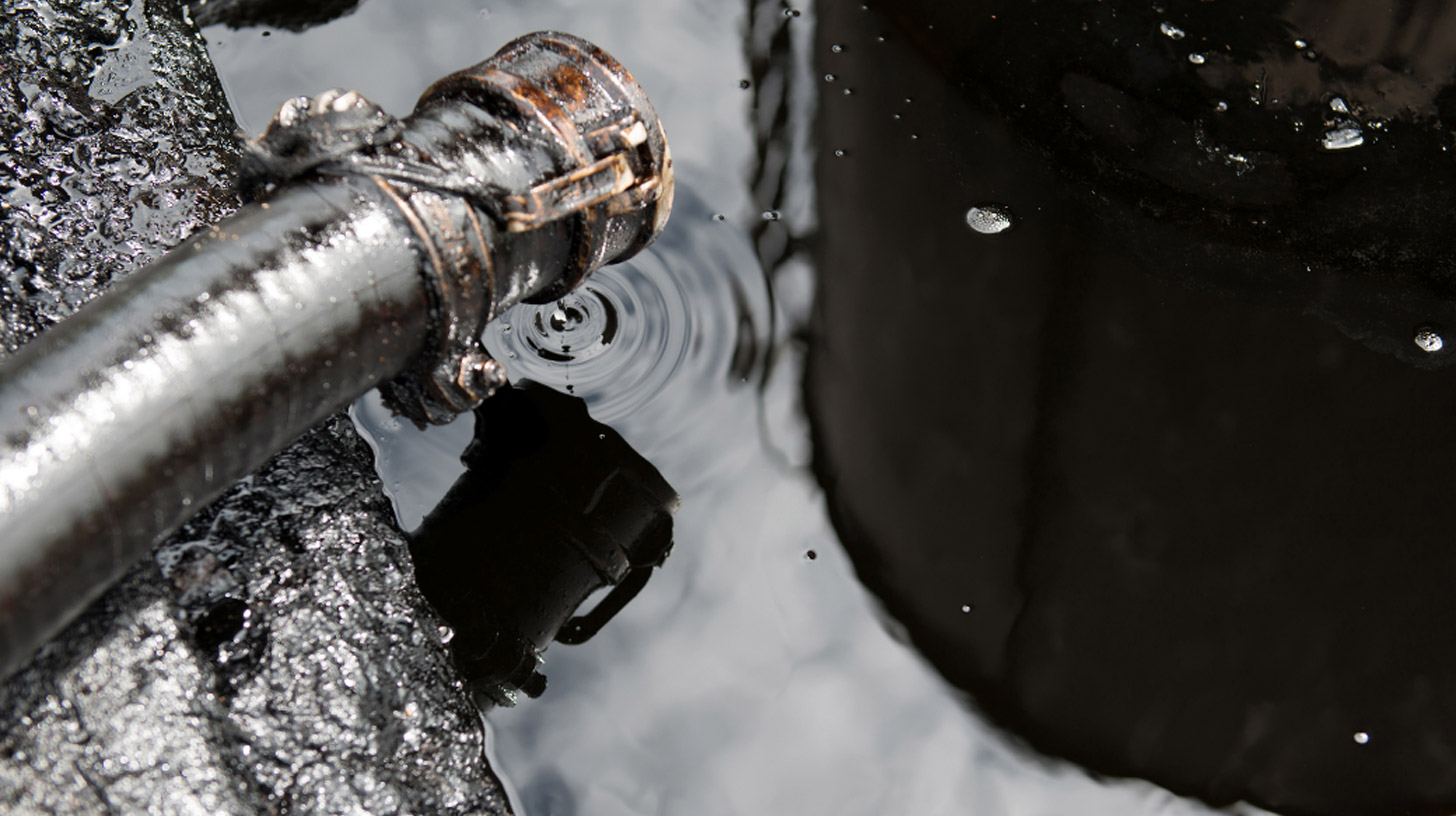Agrochemical
Partnering with Agrochemical Producers
The Amlon Group collaborates with agrochemical manufacturers to implement forward-thinking waste management practices that embody our vision of converting environmental obstacles into sustainable advantages.
INDUSTRY CHALLENGES
The production of pesticides, herbicides, fertilizers, and specialty crop protection chemicals creates multiple residual streams requiring expert handling, particularly from synthesis processes and manufacturing equipment. Our integrated approach addresses these challenges.
Catalyst Reclamation and Processing
We specialize in recovering valuable metals from spent catalysts critical to agrochemical production:
- Palladium Synthesis Catalysts: Complete processing of spent palladium catalysts from fine chemical synthesis and hydrogenation reactions, recovering precious metals while managing support materials
- Copper and Nickel Catalysts: Advanced separation techniques to reclaim copper and nickel from coupling reactions and specialty chemical synthesis processes
- Platinum Group Metal Catalysts: Specialized processing for pharmaceutical intermediate catalysts, extracting platinum, palladium, and rhodium for reuse
- Zeolite and Mixed Metal Catalysts: Recovery of valuable metals from acid catalysts used in alkylation and specialty chemical processes
Manufacturing Equipment Recovery
Our facilities process end-of-life equipment from agrochemical operations:
- Reactor Vessels and Components: Comprehensive recycling of stainless steel and specialty alloy reactors, recovering valuable metals from catalyst-containing systems
- Distillation Equipment: Processing of columns and heat exchangers with chemical residues and valuable metal components
- Filtration Systems: Recovery of precious metals from filtration equipment used in active ingredient purification
- Process Piping and Instrumentation: Reclamation of high-grade alloys from chemical processing systems
AMLON ADVANTAGE
We convert additional manufacturing residuals into beneficial resources using our advanced processing technologies. Our facilities handle solidified byproducts, extract valuable metals, and generate usable materials that decrease dependence on new resources and contribute to a circular economy.
Formulation Waste Processing
Amlon’s facilities are designed to process the complex waste streams present in agrochemical formulation, including solvent recovery systems, tank bottoms containing active ingredients, and equipment washout materials. Through tailored treatment protocols, we safely extract valuable components while ensuring adherence to EPA and state environmental standards.

BENEFITS
Our sustainability commitment permeates across agrochemical manufacturing operations. For these specialty manufacturers, we deliver tailored solutions with:
Advanced Processing Capabilities
Our facilities employ specialized technologies to manage diverse agrochemical production residuals, including:
- Thermal desorption for solvent recovery and catalyst processing
- Hydrometallurgical processing for complex precious metal catalyst systems
- Pyrometallurgical treatment for high-value alloy recycling
- Separation technologies for multi-component formulation waste
- Wastewater treatment and active ingredient neutralization
Agrochemical-Specific Expertise
Our team understands the unique challenges of agrochemical waste management:
- Safe handling of pesticide and herbicide manufacturing residues
- Processing of spent catalysts containing trace active ingredients
- Recovery optimization for precious metal catalyst formulations
- Secure processing while maintaining confidentiality of proprietary formulations
- Compliance with FIFRA, RCRA, and state-specific agrochemical regulations
Expert Guidance
Our specialists collaborate with manufacturers to create tailored waste strategies that enhance operational performance while furthering sustainability objectives, particularly for planned maintenance shutdowns, catalyst changeouts, and product line conversions.
Environmental Assistance
We assist agrochemical producers through intricate waste regulations specific to pesticide manufacturing and chemical processing to minimize administrative complexity while ensuring full regulatory compliance.
RECOVERABLE COMPONENTS IN AGROCHEMICAL WASTE
Precious Metals from Catalysts
- Palladium: Recovered from hydrogenation and coupling reaction catalysts
- Platinum: Reclaimed from oxidation and specialty synthesis catalysts
- Rhodium: Extracted from complex organic synthesis catalysts
- Silver: Recovered from oxidation and antimicrobial manufacturing processes
Base Metals from Equipment and Processes
- Copper: Reclaimed from synthesis catalysts and manufacturing equipment
- Nickel: Recovered from hydrogenation catalysts and high-temperature alloys
- Cobalt: Extracted from specialty chemical synthesis catalysts
- Zinc: Reclaimed from catalyst supports and manufacturing residues
Specialty Materials
- Titanium compounds: Recovered from specialty catalyst systems
- Zirconium: Extracted from high-performance catalyst supports
- Molybdenum: Reclaimed from complex synthesis catalysts
- Tungsten: Recovered from specialty alloy components
Solvents and Chemical Recovery
- Process solvents: Recovery and purification of manufacturing solvents
- Intermediate chemicals: Extraction of valuable chemical intermediates
- Active ingredient residues: Safe processing and resource recovery where applicable
Customer Testimonials
"Safety is everything and Amlon gets that. Their certified destruction process ensures our parts can never make it back into service. The complete chain-of-custody documentation and destruction certificates give our compliance team everything they need."
Processing DirectorMRO Facility
"Amlon changes how I think about our waste. Instead of just disposing of scrap, we're now recovering nickel, cobalt, and others when it didn’t seem worth the effort. It's a boost for our ESG folks and they like how any metal recovery supports our circular economy goals."
Vice President, OperationsEngine Manufacturer
"They [Amlon] recover valuable metals like tungsten and platinum from our coating booth residues while providing the destruction certification we need for compliance. Amlon’s team is sharp."
Senior Operations ManagerCommercial Engine Shop
Amlon News
Can I ship my spent catalyst and tank bottoms under the VRE?
April 15, 2023
The 2015 Definition of Solid Waste (DSW) rule provided, in part, that hazardous secondary material generated and then transferred to a Verified Reclamation Facility (VRF) for ...
How do decanter centrifuges assist with oil reclamation?
January 6, 2023
Refineries and oil residual management Every oil refinery produces oil-bearing secondary contaminated material during its regular operations. Long-term accumulation of these materials might deplete storage ...
Benefits of using thermal desorption for tank slurry recycling
October 18, 2022
The oil production and petroleum refining industries generate a large amount of sludge and tank bottom material as waste. Considering that the landfilling option has slowly ...
Take The Next Step
Are You Ready To Work Today For Tomorrow's Environment?
Reach out to one of our of experts today.


